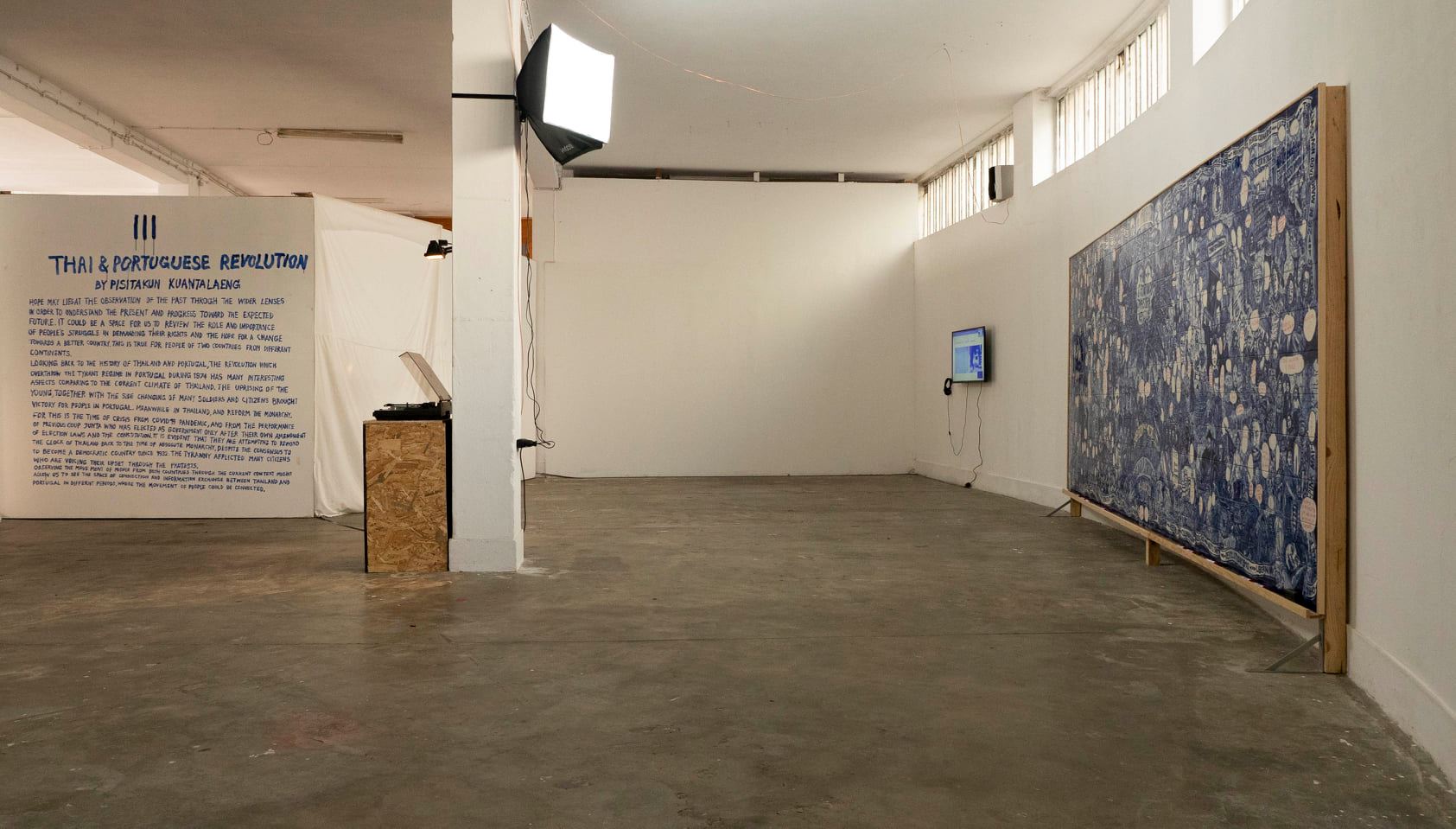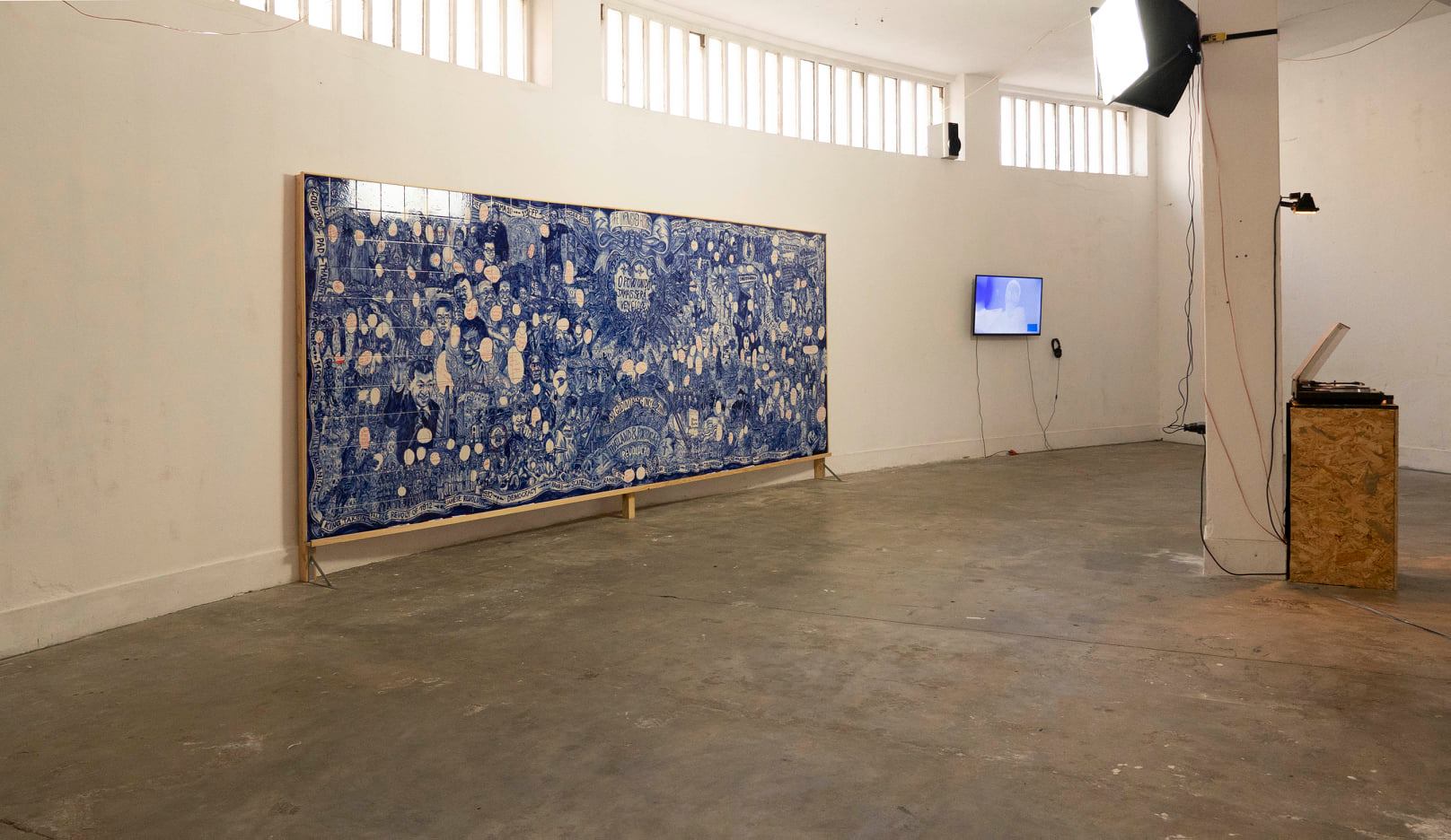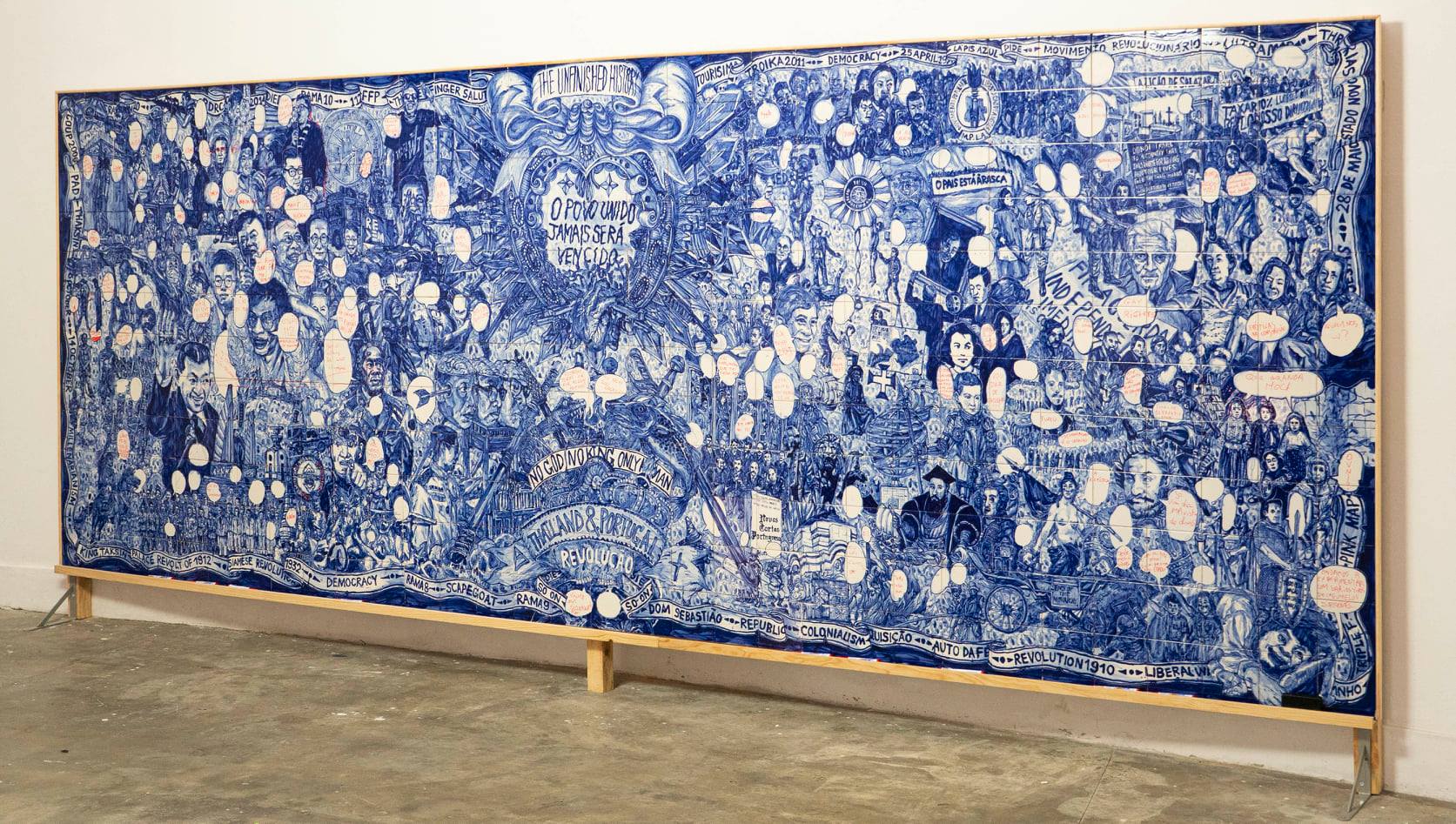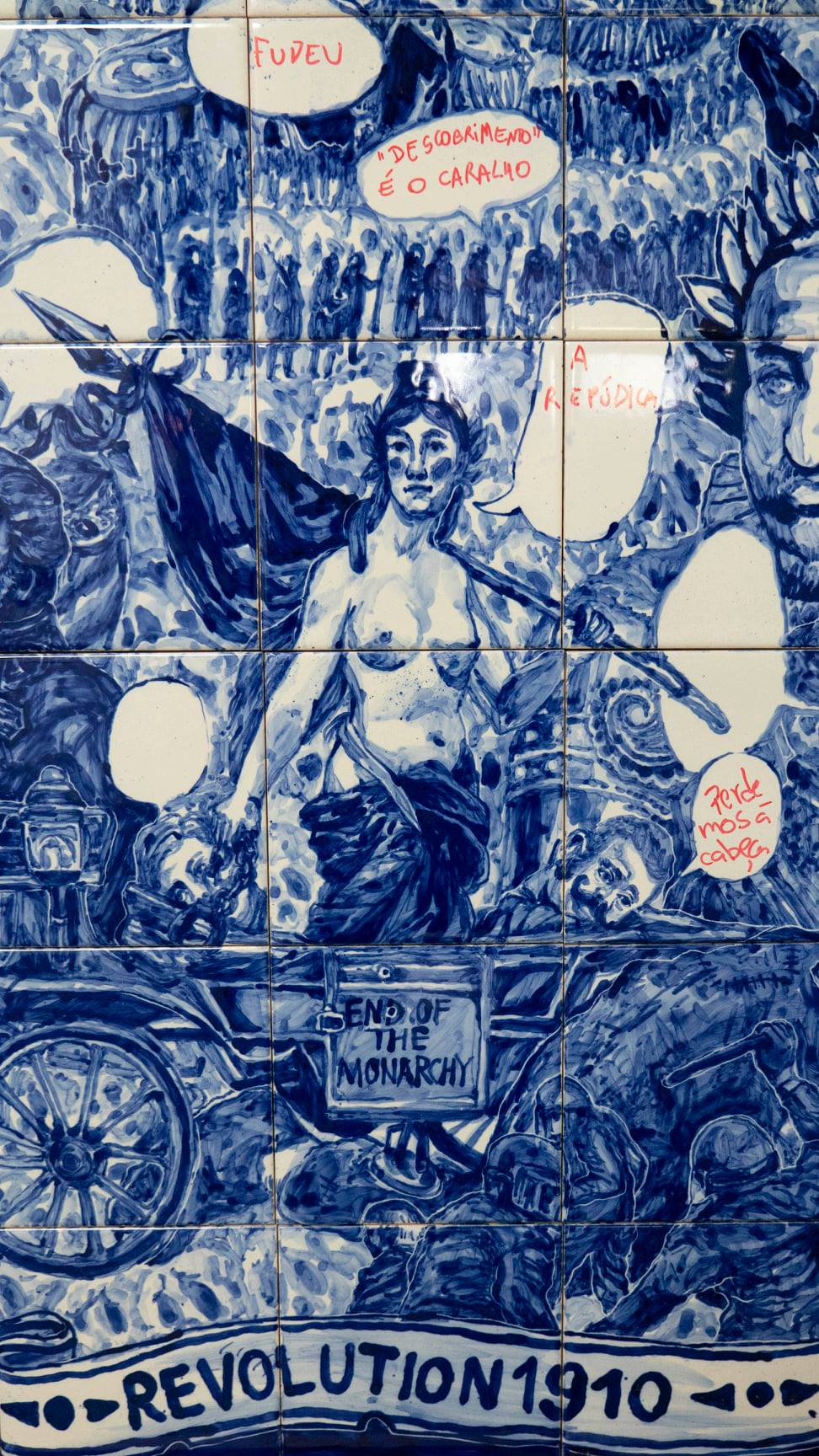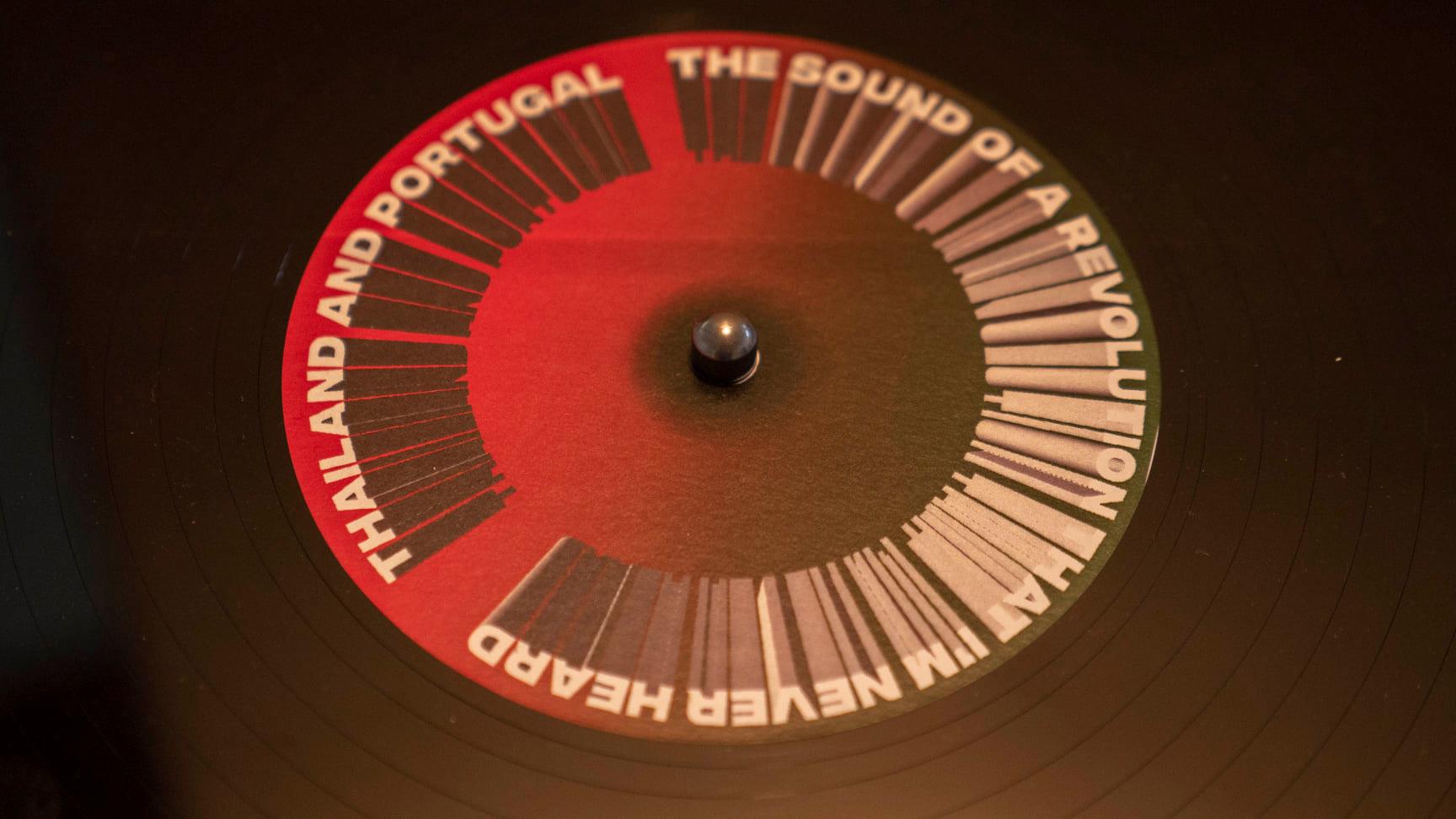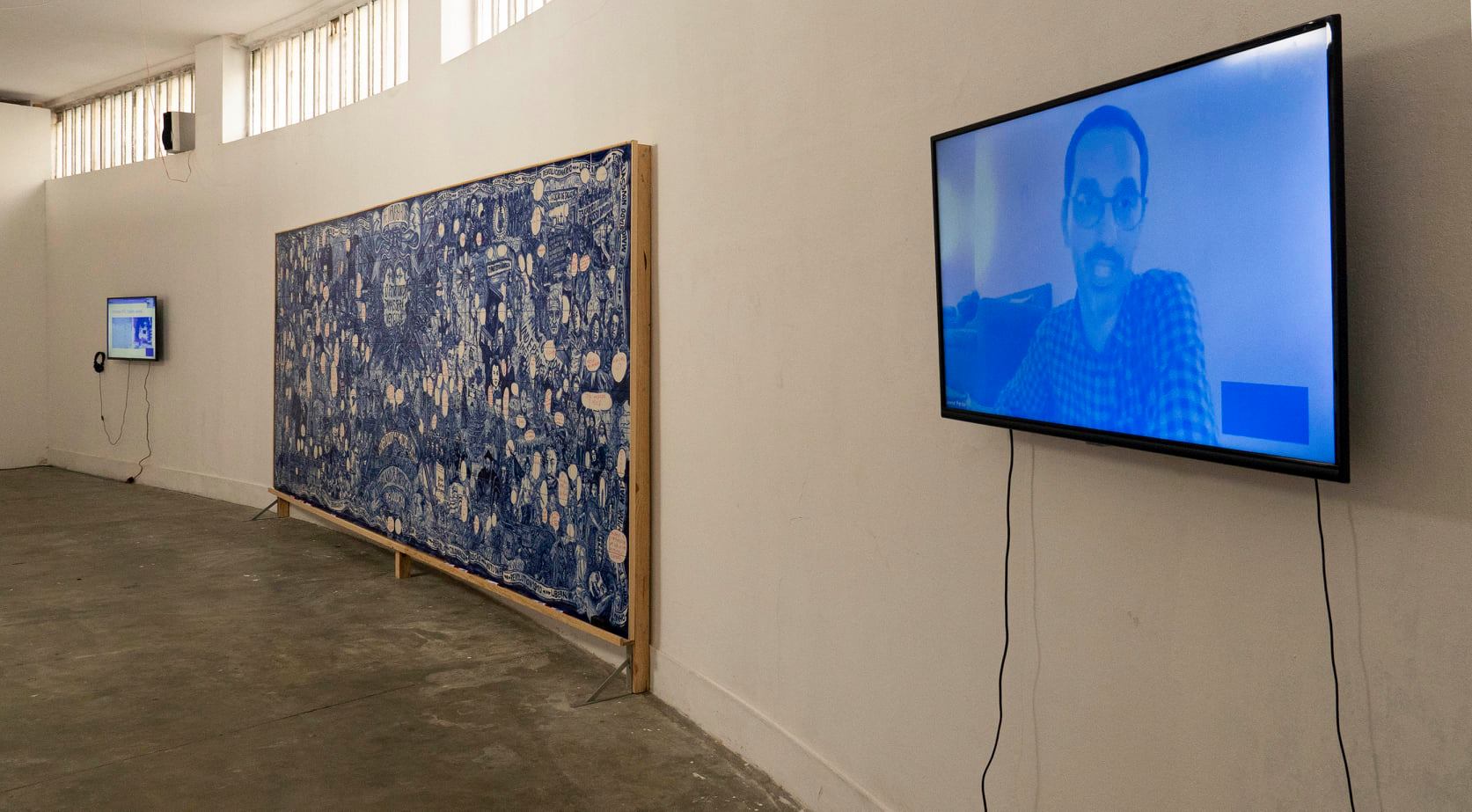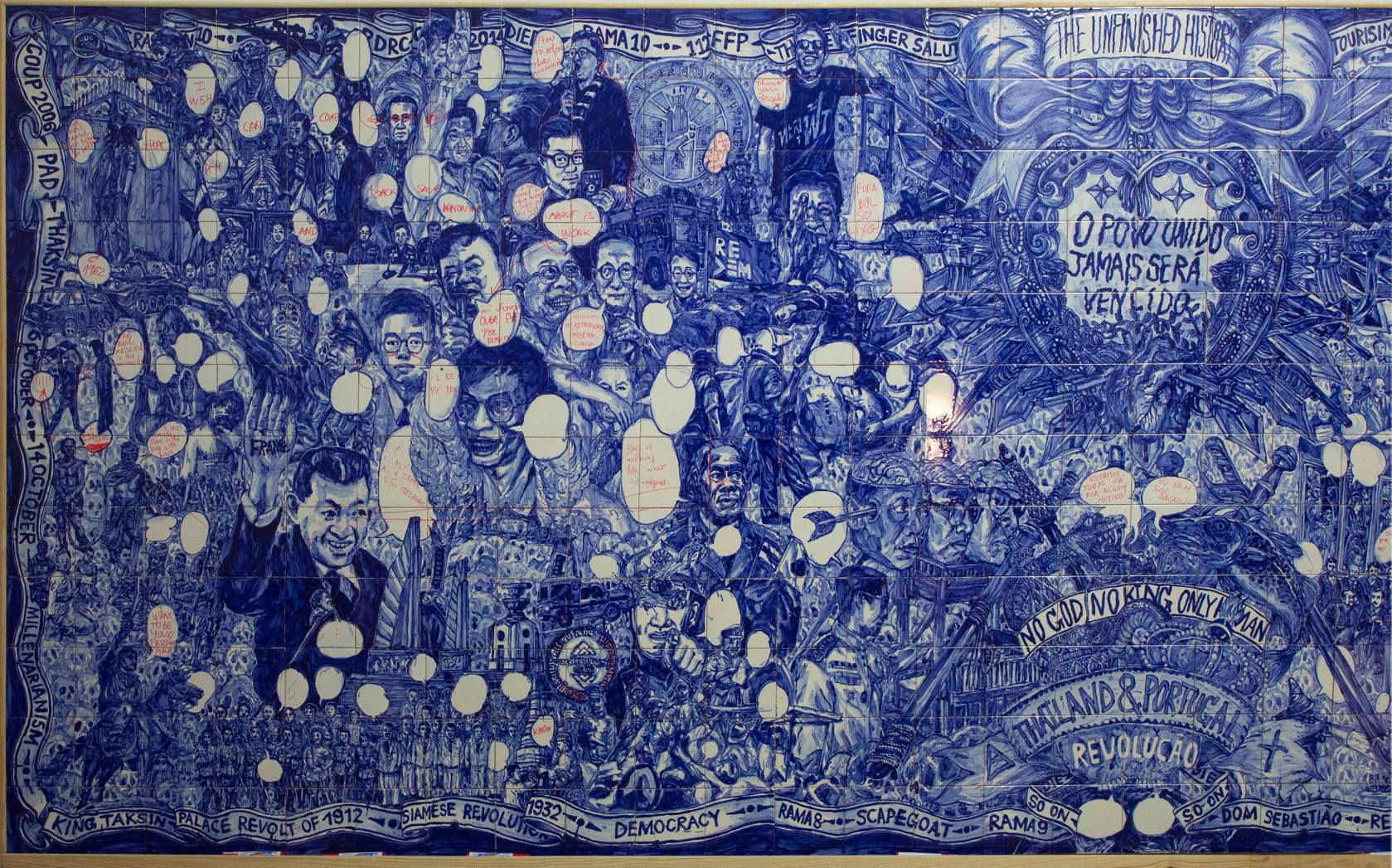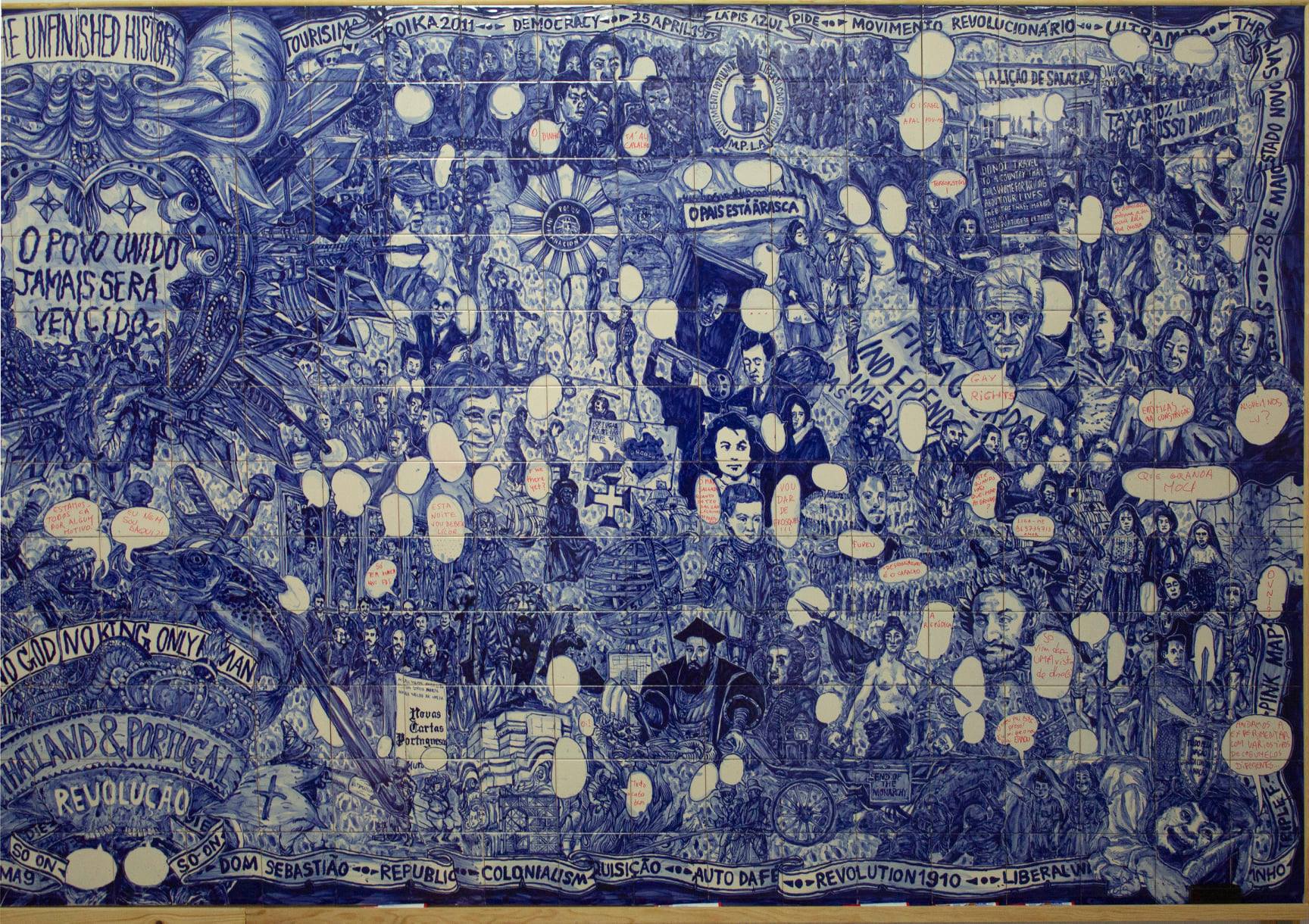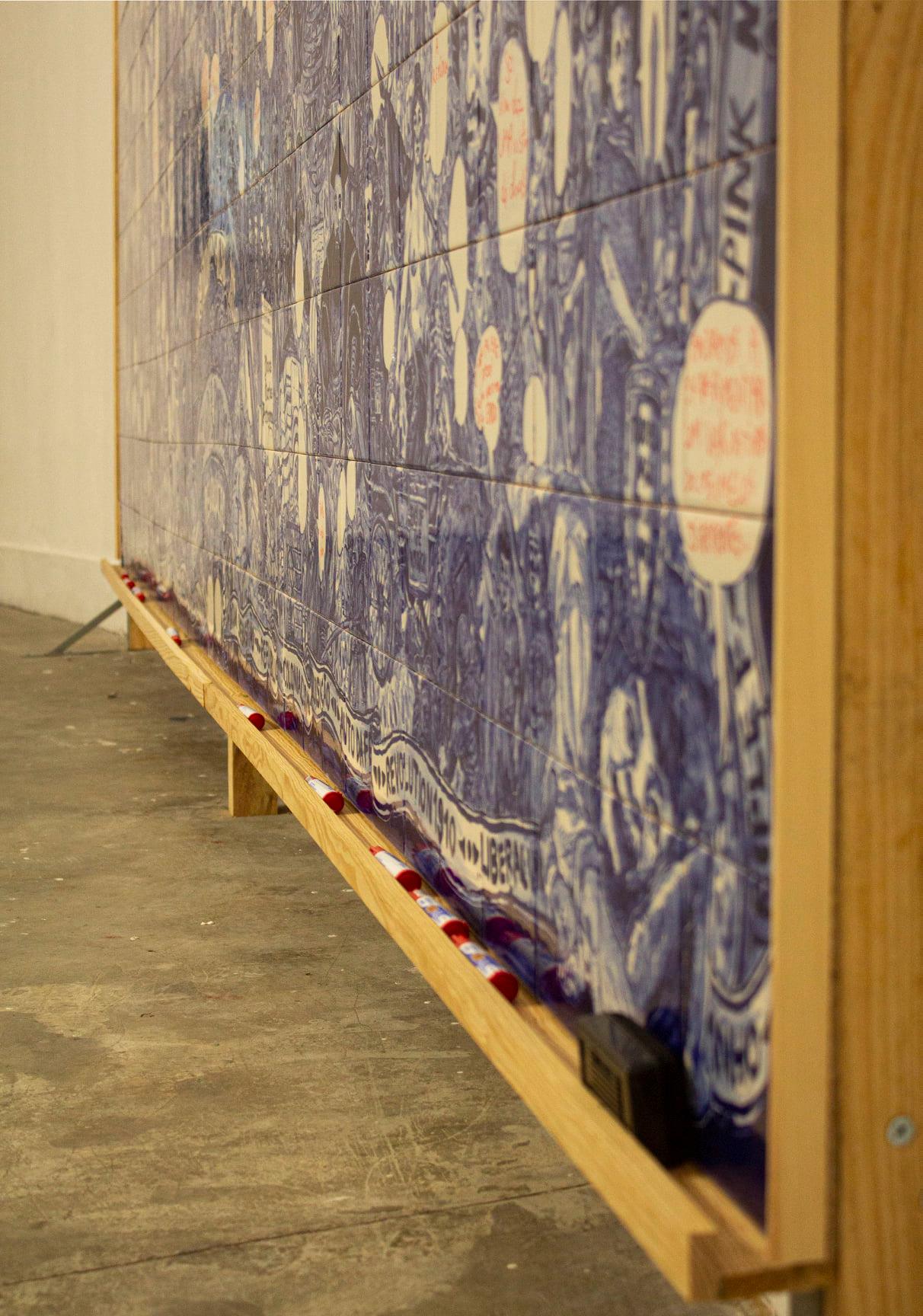Thai and Portuguese Revolution
Pisitakun Kuantalaeng
Thailand & Portugal Revolution
Hope may lies at the observation of the past through the wider lenses in order to understand the present and progress toward the expected future. It could be a space for us to review the role and importance of people’s struggle in demanding their rights and the hope for a change towards a better country. This is true for people of two countries from different continents.
Looking back to the history of Thailand and Portugal, the revolution which overthrow the tyrant regime in Portugal during 1974 has many interesting aspects comparing to the current climate of Thailand. The uprising of the young, together with the side changing of many soldiers and citizens brought victory for people in Portugal. Meanwhile in Thailand, there is currently the movement of people, especially the young generation, who demand the government to resign, amend the constitution, and reform the monarchy. For this is the time of crisis from COVID19 pandemic, and from the performance of the previous coup junta who was elected as government only after their own amendment of election laws and the constitution. It is evident that they are attempting to rewind the clock of Thailand back to the time of absolute monarchy, despite the consensus to become a democratic country since 1932. The tyranny afflicted many citizens who are voicing their upset through the protests.
Observing the movement of people from both countries through the current context might allow us to see the space of connection and information exchange between Thailand and Portugal in different periods, where the movement of people could be connected.
Realizada em parceria com o espaço A’Leste.
bio
(1986, Bangkok)
Lives and work in Porto,Portugal
Pisitakun Kuantalaeng started making visual arts in 2009, soon after he became interested with music and began to experiment with how expressions shape under different media environments. He uses a variety of inspirations in his music, such as historical events, synthetic sounds, and musical instruments.
As Thai history currently unfolds under martial law following the military coup d’état on 22 May 2014, Pisitakun’s practice represents a decisive break from many of his Thai peers: he questions fundamental and increasingly universal values without merely decrying the fact of corruption or offering neat palliatives. His works are based on political speculation and the external and internal frustrations artists are subject to. Pisitakun’s works have been shown at the Bangkok Art and Culture Centre (BACC), Kuandu Biennale 2014 in Taipei, and will be participating in Indonesia’s upcoming Jogja Biennale 2019 this October.
Running on Cargo
